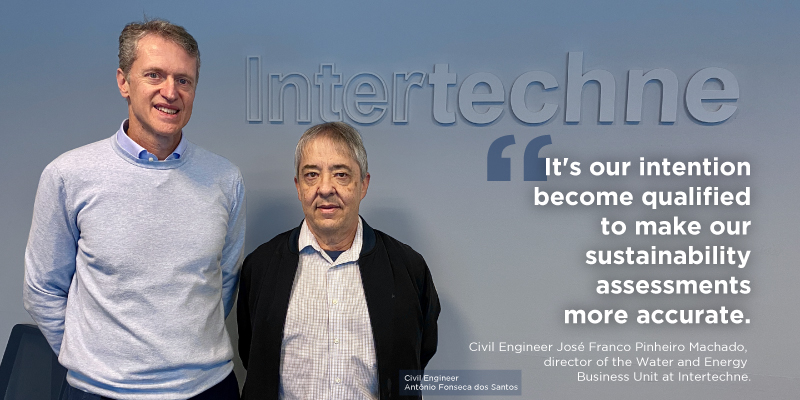
ENCHANCING SUSTAINABILITY IN OUR HYDROPOWER PROJECTS
During the past week, Intertechne held a Workshop on Hydropower Sustainability at its headquarters in Curitiba, Brazil. This initiative is a result of the company’s affiliation with the International Hydropower Association (IHA).
Civil Engineer Antônio Fonseca dos Santos led the coordination of the workshop. With over three decades of experience in environmental analysis of energy projects, Fonseca has worked with organizations such as COPEL, Brascan, Brookfield, and Elera. He was recognized as Engineer of the Year in the field of environment and sustainability in 2009.
Fonseca has also served as a board member of the National Water Resources Council (CNRH) from 2009 to 2012. Currently, he works as an independent consultant for the Inter-American Development Bank and the World Bank and serves on the Technical Committee of Hydrovision International.
The workshop aimed to present the IHA protocol outlining the criteria for hydropower projects to be considered sustainable. It also aimed to promote internal awareness of the IHA criteria within the company. Intertechne’s goal is to become qualified to conduct sustainability assessments and ensure their consolidation into certifications, creating a virtuous cycle for the sector.
José Franco Pinheiro Machado, Civil Engineer and Director of Water and Energy Business Unit at Intertechne, emphasized the importance of this work for the company. “With this qualification, we will be able to assist in sustainability assessments and ensure that the certification process is as accurate as possible,” said Pinheiro Machado. During the presentation, in response to Fonseca, Pinheiro also discussed the tools being used. “This task force is already applying these tools in the analysis of an ongoing project for an international client, to solidify the workshop’s content and enable Intertechne to contribute to the application and improvement of analysis procedures,” he added.
In summary, the workshop covered a wide range of topics related to the certification of sustainable projects. These included the importance of following best practices, seeking recognized certification tools, financial transparency, global collaboration, personal responsibility, and the need for effective communication. Over two days, participants discussed the significance of seeking sustainable solutions across various sectors, considering different social, environmental, and governance aspects, and promoting active participation and collaboration to achieve sustainable objectives.
Civil Engineer Paola Flecha Braschi, one of the attendees, highlighted the value of Fonseca’s presentation in shedding light on many issues. “With Mr. Fonseca’s presentation, we reinforced the critical analysis focused on sustainability criteria. His experience as a consultant and the introduction of important tools guided us toward entering new markets, expanding our possibilities,” she concluded.






Your style is so unique in comparison to other people I have
read stuff from. I appreciate you for posting when you have the opportunity, Guess
I’ll just book mark this blog.
We’re glad to read this, Leonore. Tks!